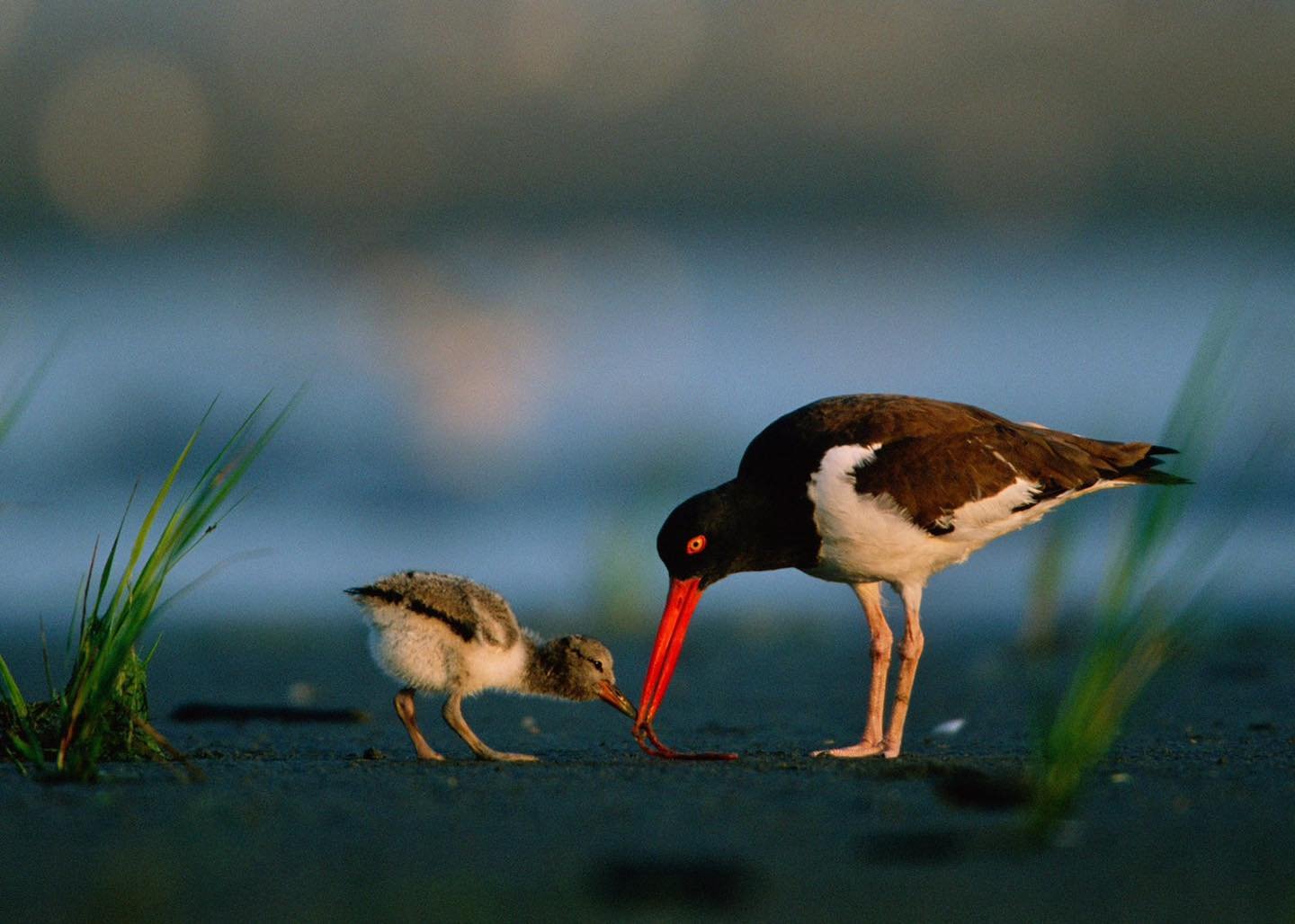WASHINGTON, D.C. – July 5TH, 2023
In the capable hands of Rebekah Martin, the Coastal North Carolina National Wildlife Refuge Complex flourishes as a haven for fish, wildlife, and plants. Her dedication and innovative approach have earned her the esteemed title of 2023 Paul Kroegel Award – Refuge Manager of the Year.
This prestigious award celebrates refuge managers who have made exceptional strides in the protection and management of national wildlife refuges. Named in honor of Paul Kroegel, the first manager of the inaugural refuge established in 1903 at Pelican Island, Florida, the 2023 Wildlife Refuge Awards ceremony and dinner will take place on September 26th at 5:30 pm in Washington, D.C. at the esteemed Mayflower Hotel. Media coverage of this event is highly encouraged.
“Rebekah was instrumental in developing recommendations on a Connected Conservation Constituency,” said Deborah Roqcue, U.S. Fish and Wildlife Assistant Director, Science Applications. “Her practical experience as a refuge employee helped connect the past with the future and has ushered in a new era of connecting with the public, particularly the next generation of conservationists and supporters.”
Rebekah’s notable accomplishments include:
-
Securing $27.25 million through the Inflation Reduction Act to implement nature-based solutions, enhancing the resilience of national wildlife refuges within the Coastal North Carolina National Wildlife Refuge Complex and neighboring state wildlife management areas.
-
Proposing an ambitious project to further bolster the work done within the Coastal North Carolina National Wildlife Refuge Complex, securing funds for a watershed-scale initiative that implements nature-based solutions, fortifying the resilience of federal and state conservation lands in the Albemarle-Pamlico region. This endeavor not only benefits the surrounding communities but also provides a lasting impact on under-resourced and underserved areas.
Under Rebekah’s guidance, the Pocosin Lakes National Wildlife Refuge partnered with The Nature Conservancy to restore peat in the 1,325-acre Clayton Blocks. These areas, historically managed as seepage buffer zones for adjacent private land, now serve as thriving habitats for diverse flora and fauna.
The Coastal North Carolina National Wildlife Refuge Complex encompasses a range of pristine habitats, including nine national wildlife refuges; Pea Island, Cedar Island, Currituck, Alligator River, Mattamuskeet, Swanquarter, Roanoke River, Mackay Island, and Pocosin Lakes. These refuges serve as vital havens for migratory birds, sea turtles, black bears, red wolves, and many other species. With their diverse ecosystems of salt marshes, dunes, maritime forests, wetlands, and swamps, these refuges offer unparalleled opportunities for wildlife viewing and conservation. Together, they contribute to the preservation of our natural heritage in the coastal region of North Carolina.
Rebekah’s outstanding leadership and dedication have brought about tangible conservation achievements, setting a remarkable example for refuge managers across the nation. Join us in celebrating her remarkable accomplishments at the upcoming 2023 Wildlife Refuge Awards.
###
The National Wildlife Refuge Association is a non-profit exclusively focused on protecting, promoting, and enhancing the 850-million-acre National Wildlife Refuge System, the world’s largest network of lands and waters set aside for wildlife conservation.
For all media inquiries and questions, please contact Eden Taylor, Communications Manager at [email protected].


